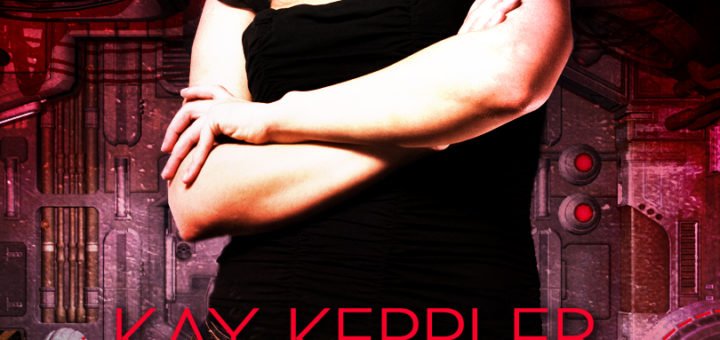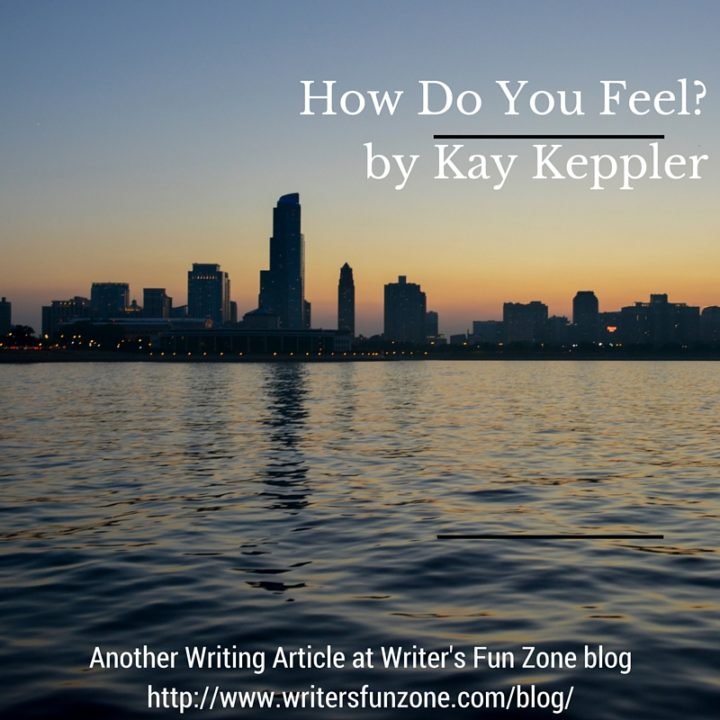Make Setting Meaningful by Kay Keppler
Setting is a crucial part of any story. A while ago, I said it could be handled essentially as a character—for example, by using it to focus on the senses and build emotion. But you can also make your story placement meaningful, not just convenient. You want your setting to be more than a backdrop for events.







Recent Comments